The Enduring Magic: Why Books Still Matter in the Digital Age
Welcome all to this year’s World Book and Copyright Day! Last year’s blog post looked at what World Book and Copyright Day is, so have a read if you haven’t yet. Why do we celebrate this day? Reading is an important pastime, for both widening our horizon, understanding, escapism and the fact that in general it makes us more knowledgeable and is good for our mental health.
However, worryingly, according to a YouGov poll, only 40% of Britons have read or listened to a book in the last 12 months.
In this blog post, we will have a look at why you should read more and how copyright intertwines with the written word.
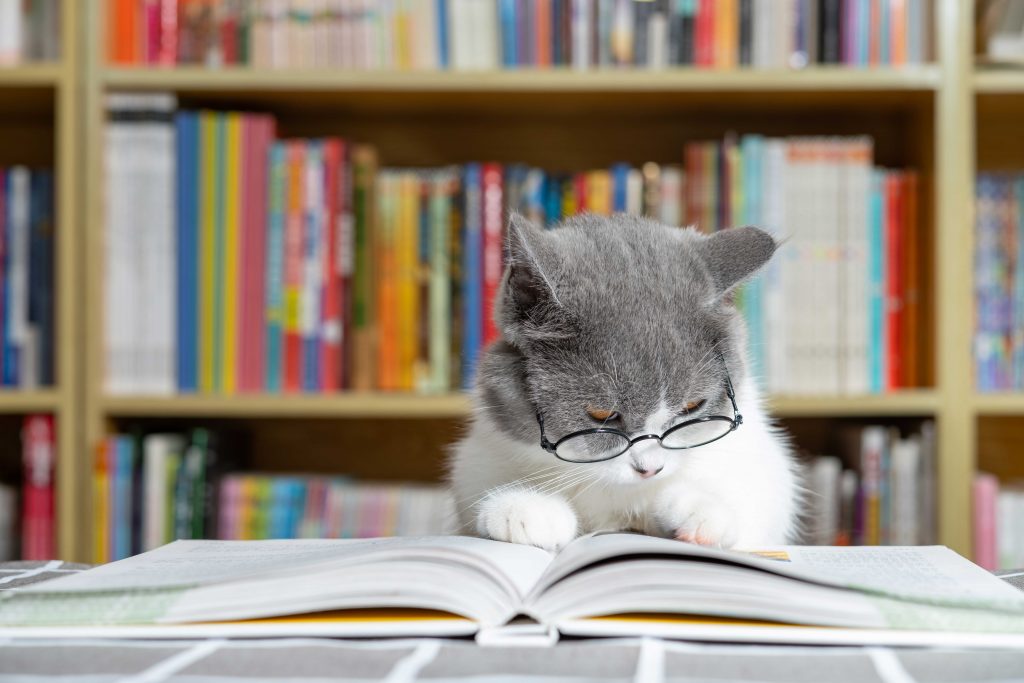
Books vs Kindle vs Audible
There are many ways to read a book: you can read a physical book, use a Kindle for ebooks or use apps like Audible to listen to books. Not everyone can focus on listening to books, for example I am terrible at listening to books, as my mind tends to wander, so I prefer to curl up with a good book. But my colleague loves them because she can crochet while she reads.
Physical books do have a magic of their own. Their feel, their smell are something that most of us can associate with our childhood, and let’s face it, for the booklovers and bookworms among us, there is nothing like the smell of books.
Kindle readers are also useful. They are handy to take on holiday with you, unlike real books where you might have to limit yourself to maybe 2 or 3, you can have 10 books ready to read when you reach your destination. Drawback: you need to make sure your Kindle is charged, or you might run out of battery during the best part of the book. Audiobooks are similar to ebooks. You can have as many as you want on your account, and all you need is your headphones.
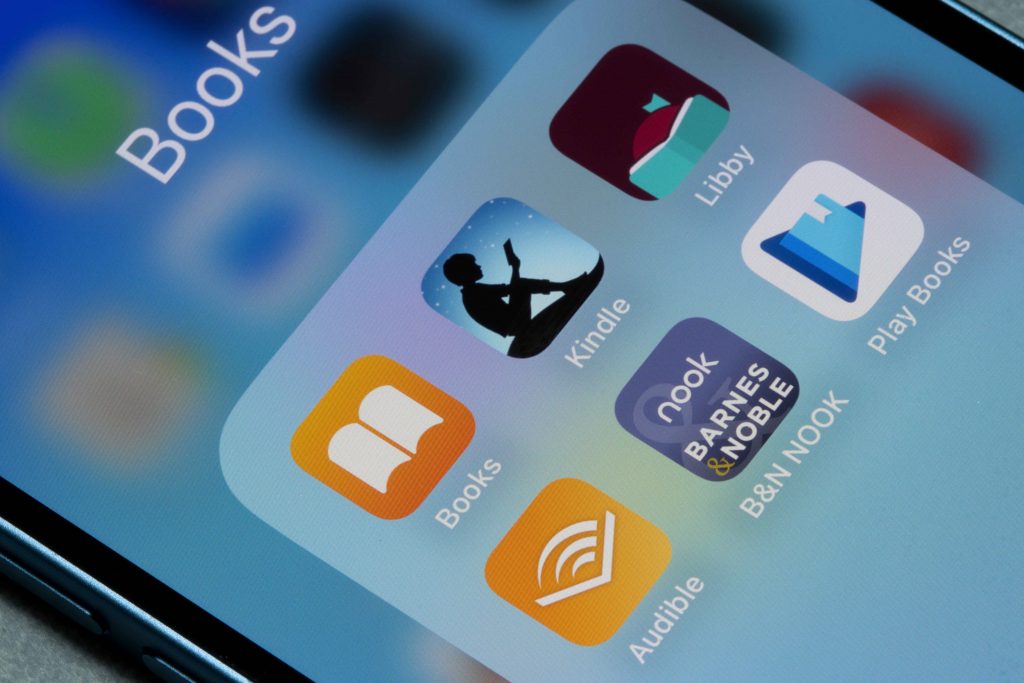
Books and copyright
Many books are protected by copyright. Copyright ensures that books cannot be reproduced or used without the authors’ or rights holders’ specific permission, and / or paying licensing fees.
Now a book is not always just about the text. There are of course children’s books, which will have text and images. Here there might be multiple copyright holders, the writer or writers, and the artist(s).
Sometimes, books will be changed to keep up with increasing changes in our world and how we perceive things. Many books, especially older books present the stereotypes and views of a world the modern reader cannot associate with. As such, publisher’s update these works so that they resonate with the new reader.
These updates are being facilitated through copyright. Once copyright to a work expires (usually protection lasts for the lifetime of the author plus 70 years) anyone can update, change and sell the books. This will usually add another 25 years’ worth of copyright protection to the ‘new’ work.
Let’s take a much-loved Jane Austen novel (it might be much loved by me, but that is beside the point). Currently there are a billion book adaptations, spinoffs and retellings of the same story. Did you know that Bridget Jones’ Diary by Helen Fielding is one of them? Copyright allowed that. In what way you ask? Well, once copyright expired on Pride and Prejudice, people were free to use their imagination to create something new, which then created a whole new universe with many ramifications and gave us an exasperating and loveable character (Bridget Jones) and a myriad of books and films we can enjoy. Which in turn are protected by copyright.
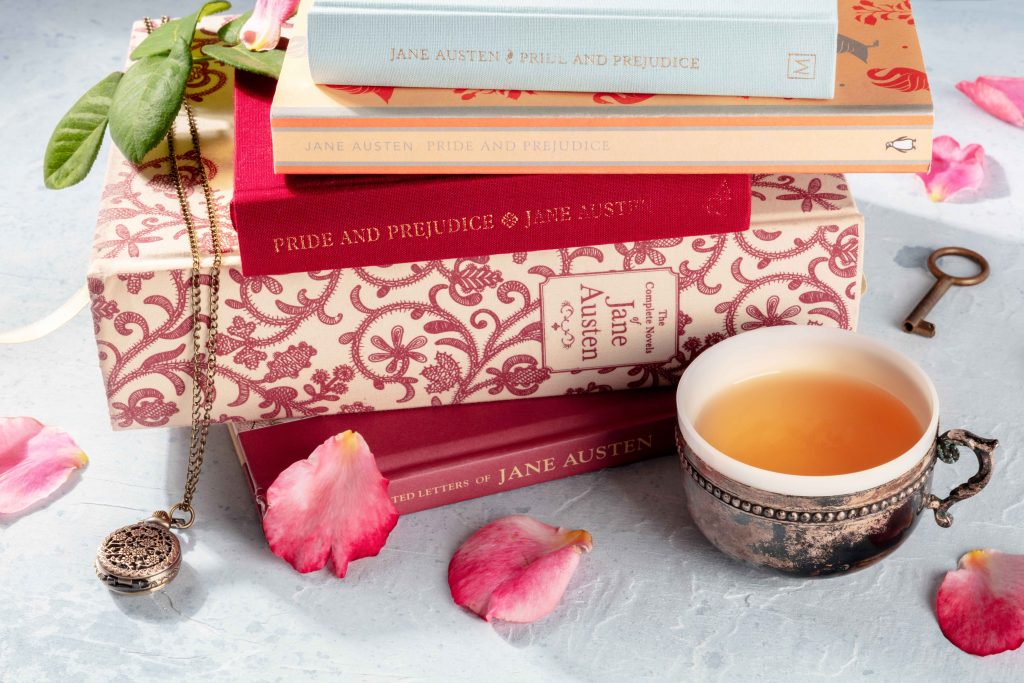
Books as artefacts
Books can be multiple things, they can transport you to magical places like Westeros or Narnia, you could be taken on an adventure by a grumpy wizard called Gandalf, without even a handkerchief, but they are also an immense well of knowledge of the human race through different lenses of experience.
What do I mean by that? Books can bring cultures of different nations to the fore. We all experience life through our own lens, we cannot understand at times what other people go through, their culture is so much different to ours, but books can present that culture through the lens of the people living it. These books can be seen as artefacts.
For example, Through the Language Glass: Why The World Looks Different In Other Languages by Guy Deutscher, looks at how the languages we speak will change our perception of things. Another good book Girl, Woman, Other by Bernadine Evaristo is also a great read, presenting the interconnected stories of black British women.
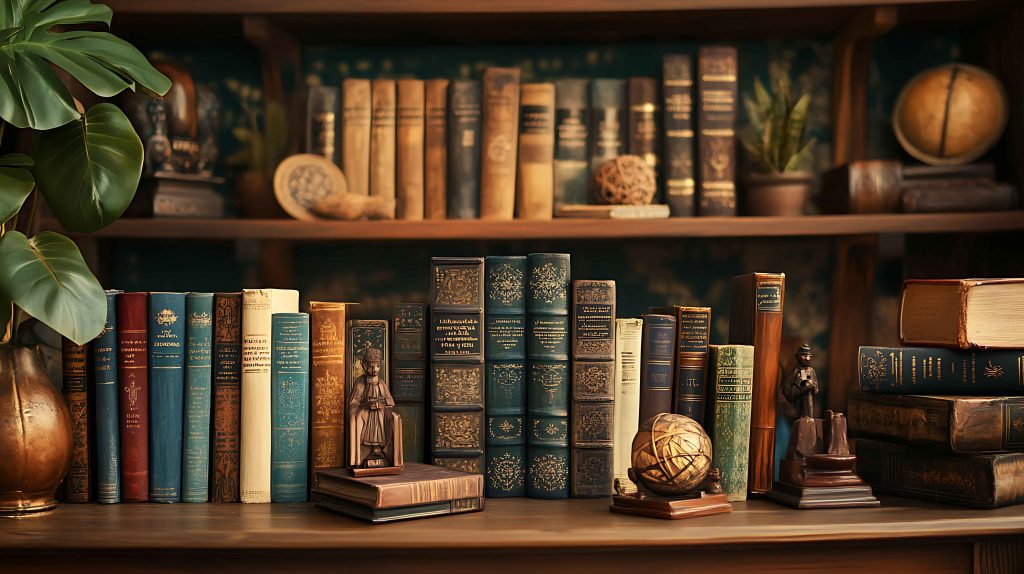
Where to find your next read
If we have whetted your appetite and you are rearing to go, and wanting to read or listen to books, why not try our World Book Day reading list on Libby? We also have a number of multi-cultural books. Here are some more inspirations for culturally diverse books around the world.
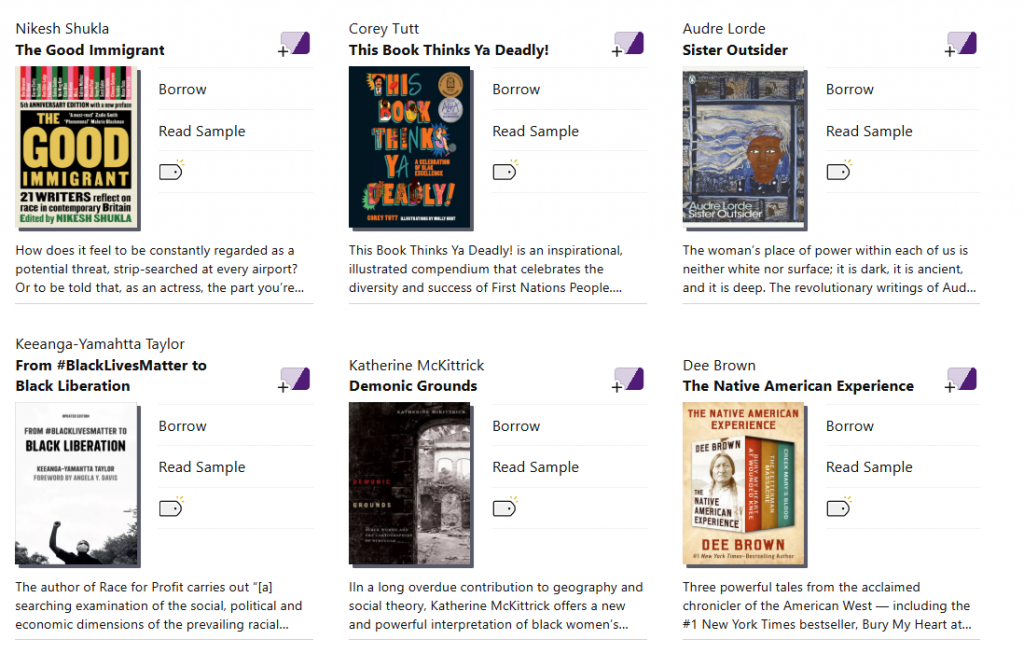
And of course this blog post would not be complete, without me highlighting some good Romanian writers as well as some books which have been translated into English.
Whatever your medium of choice is, take some time for yourself today and read a book!
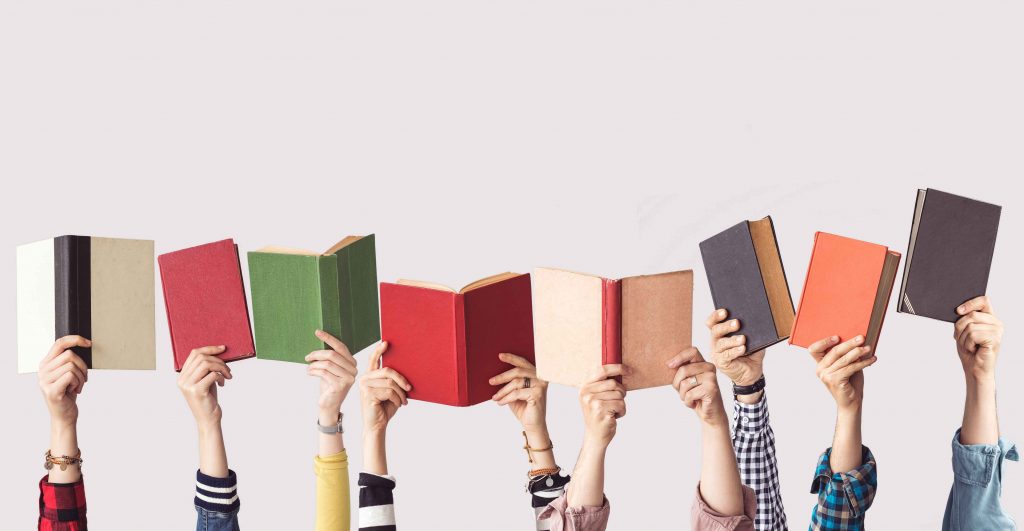
The information contained in this blog post should be taken as recommended advice or guidance but should not be taken as legal advice. If in any doubt please seek proper legal advice.
Open Research
Copyright, Open Access and all things Open Research